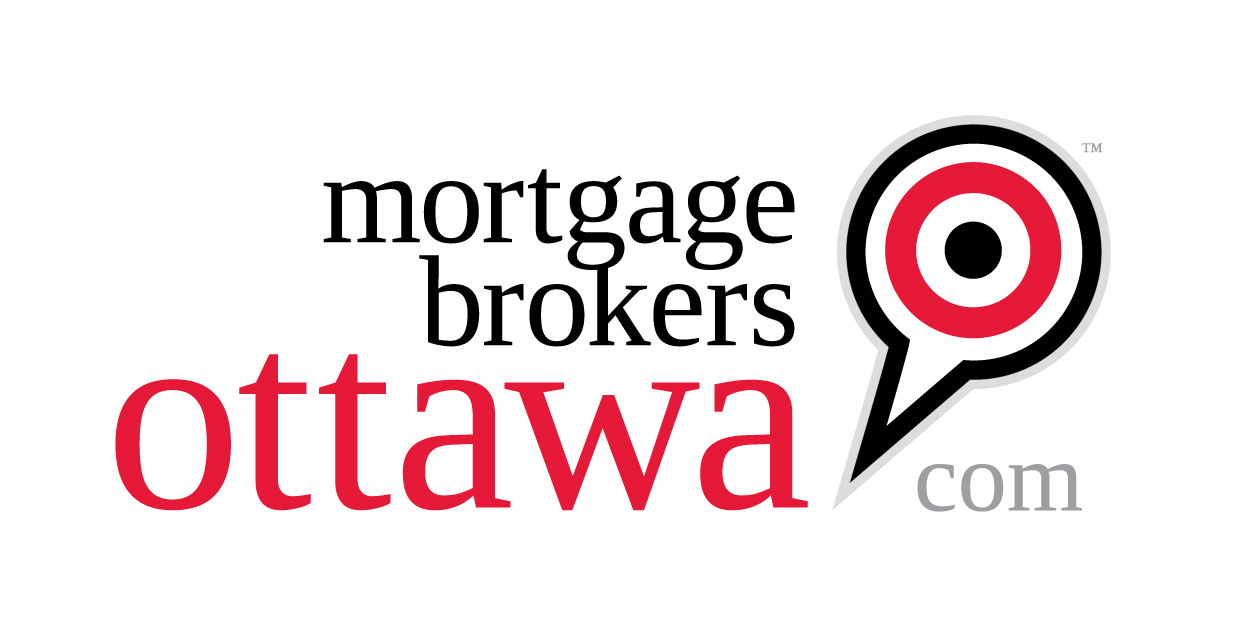What to Budget for as a Homeowner
What to Budget for as a Homeowner
Date Posted: May 7, 2025

Buying a home is a significant financial commitment, and while the mortgage is often the largest expense, it's far from the only one. To ensure you're fully prepared for homeownership, it's essential to understand the various costs beyond your mortgage that you'll need to budget for. This article breaks down these additional expenses to help you plan effectively and avoid any financial surprises.
1. Property Taxes
Property taxes are a recurring cost that homeowners must pay annually. These taxes are levied by local governments and fund services such as schools, road maintenance, and emergency services. The amount you owe is based on the assessed value of your property and the local tax rate.
- Tip: Check with your local municipality for an estimate of property taxes for homes in your area. Be sure to include this amount in your monthly budget.
2. Home Insurance
Home insurance protects your property and belongings from risks such as fire, theft, and natural disasters. It also provides liability coverage in case someone is injured on your property. The cost of home insurance varies based on factors such as the size of your home, its location, and the coverage level you choose.
- Tip: Shop around for home insurance quotes and consider bundling your home and auto insurance for potential savings. Review your policy regularly to ensure it meets your needs.
3. Utilities
Utilities are essential services that keep your home running smoothly. These typically include:
- Electricity: The cost of powering your home’s lighting, appliances, and electronics.
- Natural Gas or Heating Oil: Used for heating your home and, in some cases, for cooking.
- Water and Sewer: Charges for water usage and sewage services.
- Internet and Cable: Costs for internet access and television services.
- Tip: Estimate your utility costs based on your home size and usage patterns. Track your expenses over a few months to get a more accurate picture.
4. Maintenance and Repairs
Homeownership comes with ongoing maintenance and repair responsibilities. Regular maintenance helps prevent costly repairs and keeps your home in good condition. Common maintenance tasks include:
- Cleaning Gutters: Preventing water damage and roof leaks.
- Landscaping: Maintaining your yard and garden.
- Seasonal Maintenance: Preparing your home for different seasons (e.g., winterizing pipes).
Additionally, unexpected repairs may arise, such as fixing a leaky roof or replacing a broken appliance.
- Tip: Set aside a maintenance fund, typically 1-3% of your home’s value annually, to cover both routine and unexpected repairs.
5. Homeowners Association (HOA) Fees
If you live in a community with a homeowners association (HOA), you’ll likely be required to pay HOA fees. These fees fund the upkeep of common areas and community amenities, such as pools, parks, and clubhouses. HOA fees can vary significantly depending on the community and its services.
- Tip: Review HOA fee structures and understand what’s included before purchasing a home in an HOA-managed community. Factor these fees into your overall budget.
6. Closing Costs
When buying a home, you’ll encounter closing costs, which are one-time expenses incurred during the home purchase process. These can include:
- Legal Fees: Costs for hiring a real estate lawyer or notary.
- Land Transfer Taxes: Taxes based on the purchase price of the home.
- Home Inspection Fees: Fees for inspecting the home’s condition before purchase.
- Appraisal Fees: Costs for appraising the home’s value.
- Tip: Closing costs typically range from 1.5% to 4% of the home’s purchase price. Be sure to budget for these expenses and review the breakdown with your real estate agent.
7. Moving Costs
Moving to a new home involves various expenses, including hiring professional movers, renting moving trucks, and packing supplies. The cost of moving can vary based on the distance and the amount of belongings you need to transport.
- Tip: Get quotes from several moving companies and plan your move during off-peak times to potentially save money. Consider DIY options for a more budget-friendly approach.
8. Property Upgrades and Renovations
Many homeowners invest in property upgrades and renovations to improve their home’s functionality and value. These can range from minor updates, like painting and landscaping, to major renovations, such as kitchen remodels or adding a new bathroom.
- Tip: Prioritize upgrades based on your needs and budget. Obtain quotes from contractors and set aside funds for future projects to avoid financial strain.
Conclusion
Understanding and budgeting for the costs beyond your mortgage is crucial for successful homeownership. By accounting for property taxes, insurance, utilities, maintenance, HOA fees, closing costs, moving expenses, and potential upgrades, you can create a comprehensive budget that prepares you for the financial responsibilities of owning a home. Being proactive and informed will help you manage these costs effectively and enjoy your home with peace of mind.
